Effects of Gun Control Measures in the United States
Gun violence is a huge problem in America. There is a direct link between states with weaker gun laws and higher rates of gun deaths. Many states have worked to pass stronger gun control policies. They have enacted background checks and purchase permits, Extreme Risk laws, safe storage laws, and rejected permitless carry laws. Gun control advocates often promote universal background checks, which would help prevent firearm sales to prohibited purchasers. However, these laws are unenforceable without a national firearm registry — which federal law expressly prohibits — and place heavy regulatory burdens on private-party firearm transactions, cause unacceptable delays in processing NICS checks for retailers, and open them to unprecedented liability exposure.
Background Checks
States with strict background check policies have significantly fewer gun deaths. In addition, red flag laws (also known as extreme risk protection orders) empower law enforcement, family members, or coworkers to petition a judge to temporarily remove firearms from people who are deemed to pose a danger to themselves or others.
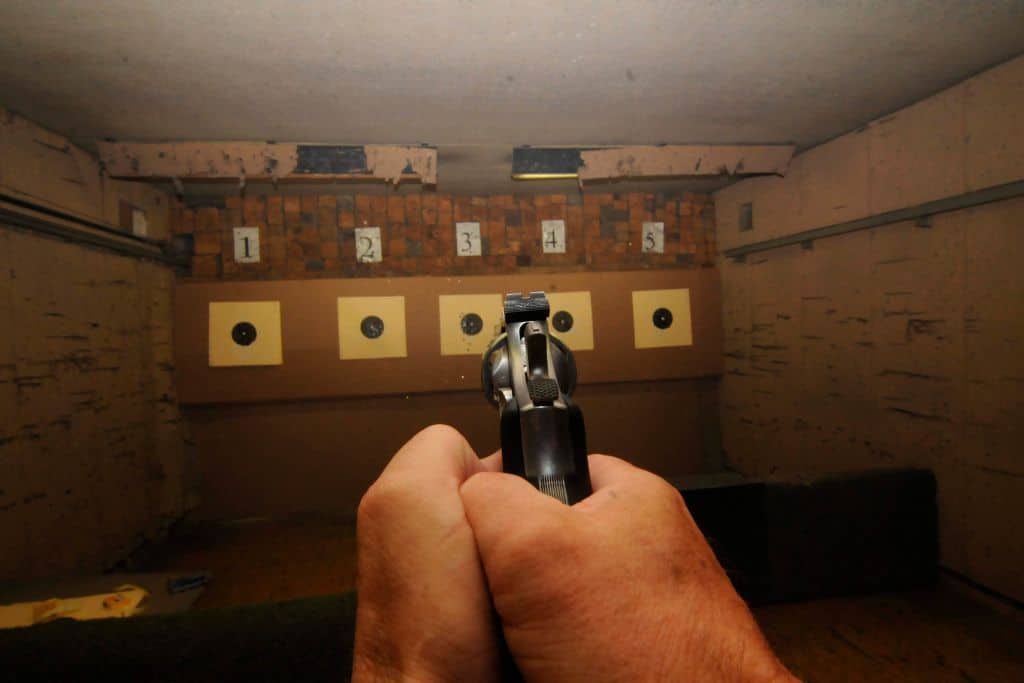
In the wake of high-profile mass shootings, a bipartisan majority of Americans say both reducing mass shootings and protecting people’s right to own guns for self-defense is highly important. These goals can be achieved by implementing a core group of laws, including background checks and purchase permits, Extreme Risk laws, and secure storage requirements – while rejecting shoot first and stand your ground policies.
Bans on Assault Weapons
After a mass shooting, legislators often push for reforms including bans on assault weapons. But such proposals usually fail in Congress.
These guns have a strong appeal to mass shooters, and research shows that banning them could reduce the number of shooting deaths. States have also successfully passed state-level gun control measures, including red flag laws and expanding background checks.
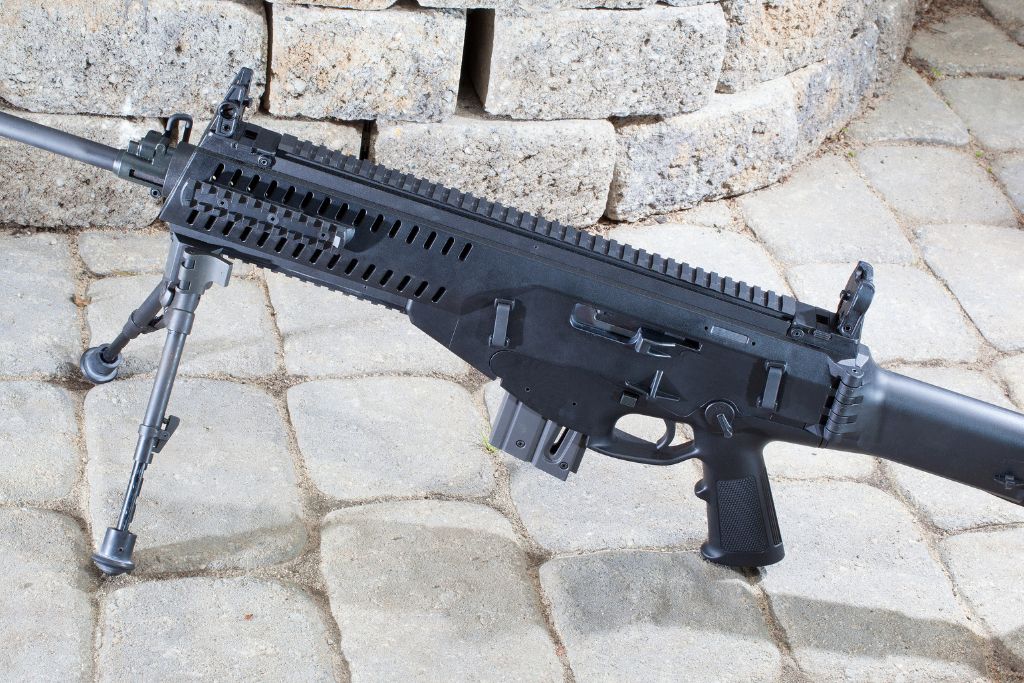
The popularity of assault weapons among some Republicans may be one reason why they are less likely to support federal restrictions on them, Spitzer said. Many Republicans in rural areas also tend to favor more expansive gun access than those living in urban communities, according to the April 2021 Center survey. However, most Democrats, even those who don’t own firearms, support banning assault-style weapons and high-capacity magazines.
Bans on High-Capacity Magazines
With definitions differing, some states consider magazines that hold 10 rounds or more as “high capacity,” and a few ban their possession. Gun-control advocates say such restrictions may limit carnage if shooters have to stop to reload, and the slaying of two people at a Missouri school armed with an AR-15 rifle and large-capacity magazines last Monday prompted renewed calls for magazine limits in the state.
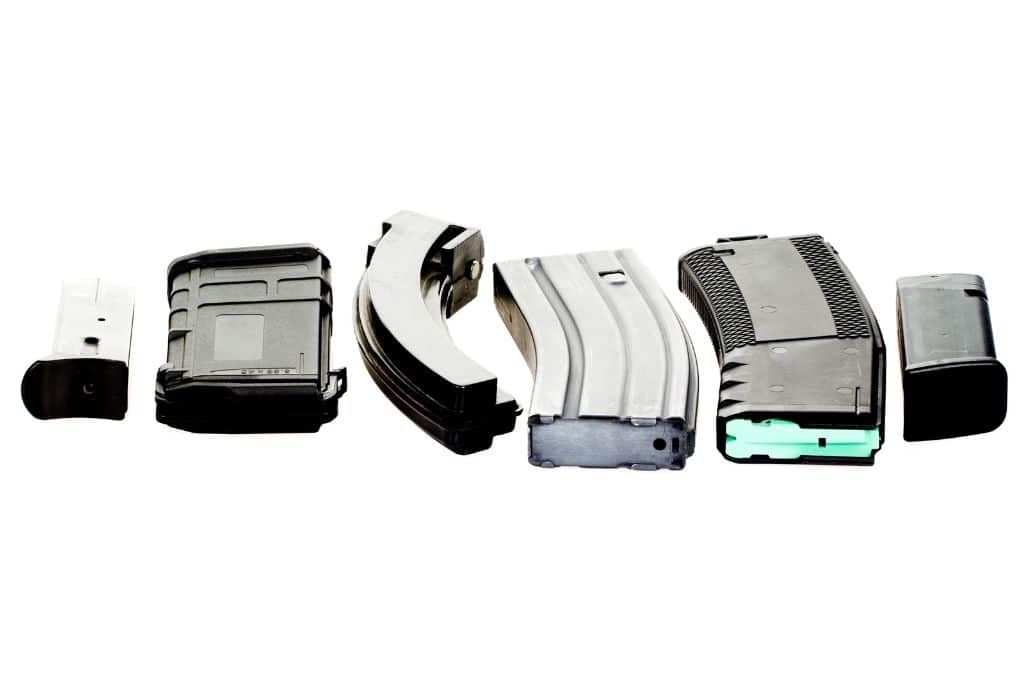
Some cities and counties in Illinois, such as Chicago and Cook County, have bans on high-capacity magazines, and Maryland and Washington have laws banning their manufacture and transfer. But a national ban would prevent criminals from easily getting their hands on the devices, which can fire dozens of rounds in seconds. And, as the University of Chicago’s Jens Ludwig explains, it would shut down some “slippery slope” arguments against gun regulations.
Bans on Semi-Automatic Weapons
Assault weapons and guns with high-capacity magazines have been used disproportionately in mass shootings, according to gun-control advocates. But research on bans on these types of firearms is inconclusive.
During the session, lawmakers also passed legislation that imposes a 10-day waiting period for new gun purchases and allows the attorney general or private parties to sue gunmakers over negligent sales. The state also banned certain dangerous aftermarket modifications and workarounds, including bump stocks and “thumbhole” stocks, designed to circumvent detachable magazine capacity bans.
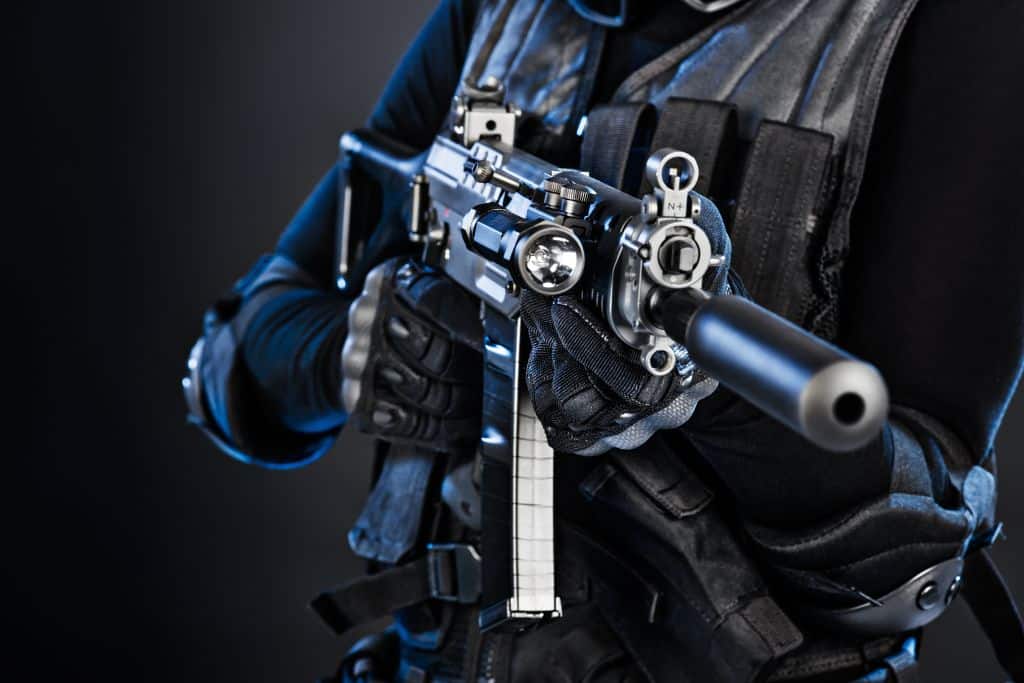
The law could help Washington improve its ranking on the U.S. State of the States gun safety index, which will be updated this year. The index looks at a variety of factors, including background checks, red flag laws and laws to prevent domestic violence.
Bans on Guns with Short Barrels
A stipulation in the National Firearms Act (NFA) requires Americans to register rifles with barrels shorter than 16 inches or face a felony charge. The NFA defines a rifle as a gun that is “designed and intended to be shouldered.” A few years ago, the ATF decided that firearms equipped with pistol braces (to be strapped to the shooter’s forearm rather than pressed against their shoulder) are not rifles and should thus be regulated as short-barreled weapons.
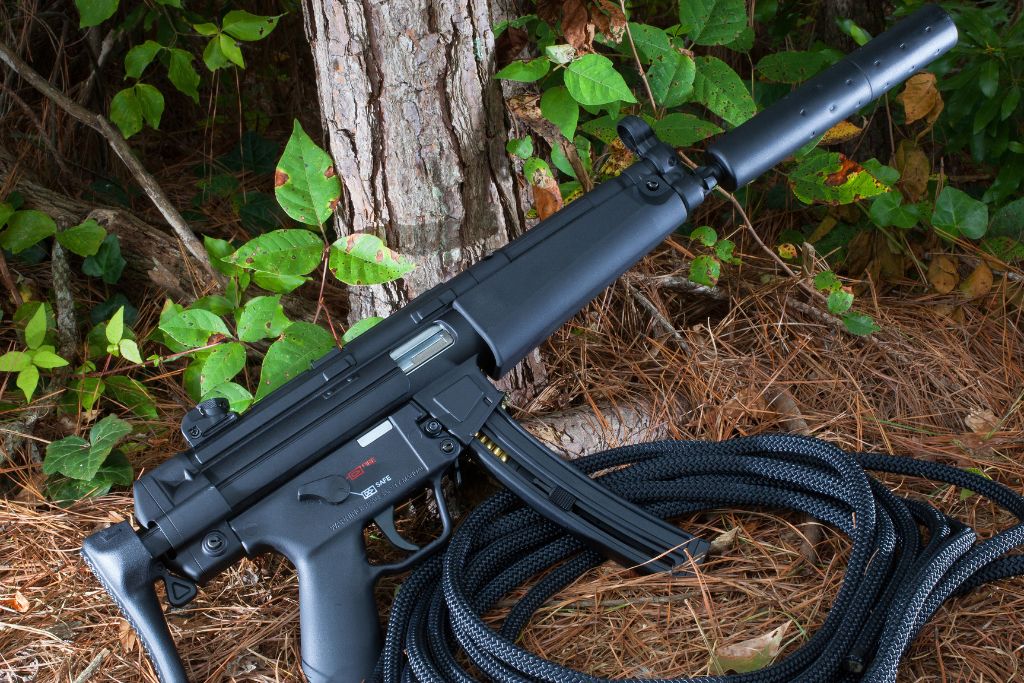
Backlinking the article “5 Elementary School Gun Safety Tips” within the context of “Effects of Gun Control Measures in the United States” can provide valuable insights for addressing gun-related issues at an early stage. By incorporating these safety tips into the discussion, readers can understand the importance of educating children about gun safety, potentially reducing accidental incidents, and promoting responsible firearm handling. Implementing such measures alongside comprehensive gun control policies can contribute to a safer environment and foster a culture of responsible gun ownership.

